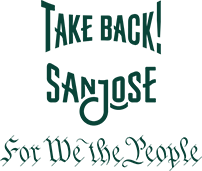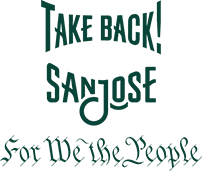
Denver gave homeless people cash and now half of them live in their own place. While humanitarian middlemen like SNAP and Medicaid impose severe spending restrictions, basic income relies on trust. Denver’s pilot suggests that people who know what they need can spend it rather efficiently—and housing is a popular choice, as 45% of recipients successfully rehoused. Business Insider’s Allie Kelly writes.
Denver’s basic income pilot — which first started payments in fall 2022 — focused on over 800 Coloradans experiencing homelessness, including people living in cars, temporary shelters, the outdoors, or other non-fixed living situations. Participants like Laws were given direct cash payments, no strings attached, and could spend the money on whatever they needed.
Denver released the project’s one-year report on June 18, showing that 45% of participants secured their own house or apartment after receiving basic income for 10 months. They also experienced fewer emergency room visits, nights spent in a hospital or a temporary shelter, and jail stays. The report estimates that this reduction in public service use saved the city $589,214.
Basic income programs like Denver’s have become a popular strategy to reduce poverty in US cities. Compared to traditional social services like SNAP or Medicaid, basic income allows participants to spend the money where they need it most.
“What is fundamentally different about our approach is the way that we start from a place of trust,” Mark Donovan, the project founder and executive director, said at a Tuesday press conference.
Denver’s report found that basic income primarily helped participants pay for immediate expenses — like transportation, hygiene, clothes, and groceries. Affording recurring bills like rent, healthcare, or debt payments was also a top priority for most families. Participants in each payment group reported increased financial stability and reduced reliance on emergency financial assistance programs.
Individuals who received the lump sum or $1,000 a month payments were more likely to find a stable, full-time job than before they received basic income.
Read the whole thing here.
Follow Opportunity Now on Twitter @svopportunity

